

ROBERT Mansfield-Hewitt shook with terror in his bed after being woken by a huge crash and the sound of military boots marching across the marble floor.
A squad of armed Spanish police burst into his rented apartment shouting orders, telling him to get out of bed with his hands up.
The 51-year-old MOD worker, who walks with a cane due to a chronic liver condition and atrophy, was dragged down the stairs and thrown face down onto the ground outside.

While being cuffed, his cheek etched into the gravel, he saw a man of Moroccan appearance staring right at him, also being arrested.
“I couldn’t even speak, I was in such a state of shock,” Robert, an electrical engineer who has worked with the British government for decades, recalled this week.
“They were saying something about drugs and they were just screaming at me, it was terrifying.”
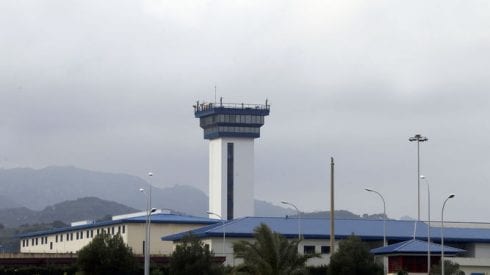
The well-connected Brit, who knew Ted Heath and is pals with the likes of the Earl of Cardigan, had been renting the room for a few days in San Roque while working on a contract for the Ministry of Defence in nearby Gibraltar.
What he didn’t know, was that the adjoining garage was being used to store 1.5 tonnes of hashish – worth more than €2 million – and that he was now the key suspect.
This was despite the fact that the Gibraltarian owner of the property had a conviction for a drug-related offense on the Rock while Chichester-born Robert, who has a PhD in Physics from Keele University and a 20-year career working for the British government, had no criminal record.
In contrast Abdel Nasser, the French-Moroccan cuffed alongside Robert, had been caught in a sting operation trying to break into the garage while a getaway driver waited in a Volkswagen Phaeton outside.

The driver somehow managed to evade police on foot.
Robert, who had never set foot in the garage and didn’t even know of its existence, was simply arrested during a sweep of the attached house.
Following his terrifying arrest on June 27 last year, Robert was taken to the local cells in La Linea, the town bordering Gibraltar where 3,000 people – some 5% of the population – work directly for drug traffickers.

“I phoned my assistant Pillie in an absolute panic, all I could get out was ‘they found drugs’ and ‘help me help me’,” Robert recalls.
The avid church goer, who suffers from the chronic liver condition Ascites, spent a night in the cells before being hauled in front of a judge the next day.
Although offered freedom if he admitted guilt, he refused, knowing his career could be over with a criminal record.
“The whole thing was a farce,” says Robert, “I was appointed a 19-year-old lawyer who seemed fresh out of college and she just seemed to agree with everything the judge said.
“They deemed me a flight risk, denied me bail, took my passport and sent me to Botafuegos prison in Algeciras.
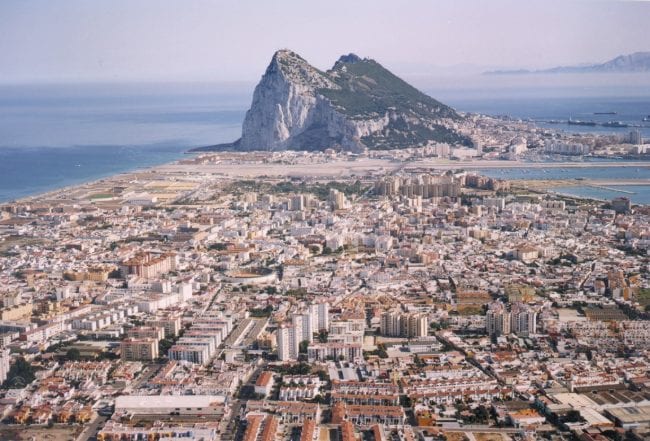
“The first two nights I was absolutely trembling with terror,” he recalls, “Never in my wildest nightmares had I ever imagined being in such a place.
“I have never been in trouble with the law, my job with the government doesn’t allow it.
“I’m a very gentle soul and recovering alcoholic, I would never get involved with drugs,” adds Robert, a keen piano player and composer of classical music.
In prison, Robert’s body began to shut down and he was rushed to hospital.
Suffering from delirium and an internal infection, he remained there for eight weeks before being returned to Botafuegos – home to ETA terrorists and murderers.
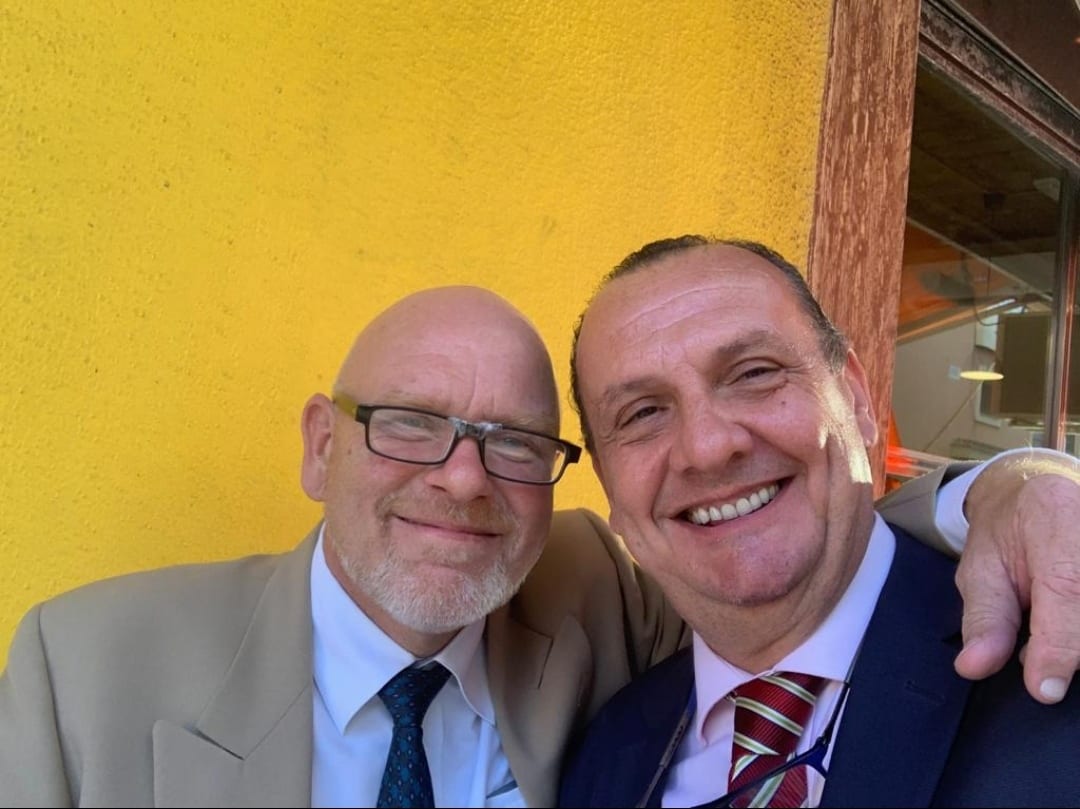
Incredibly, he was held there for a further five months before being formally charged in January.
Despite no concrete evidence connecting him to the drugs, prosecutors were seeking more than four years in jail and an €8 million fine.
“It’s an absolute disgrace,” his assistant Pillie Ford, 37, told the Olive Press as the newspaper mounted a campaign to headline the case. “Why hasn’t there been a warrant for the arrest of the owner of the property? How did the getaway driver manage to get away? It just doesn’t make sense.”
Robert did not get his day in court until May 27 of this year and was finally released on July 3 after a judge decided to drop the charges, more than a year after being locked up.
During that time, Robert’s story made the front page of three editions of the Olive Press, which spoke to his MP in the UK and contacted the police and courts in an attempt to get at the truth, although Spanish officials refused to comment on the case.
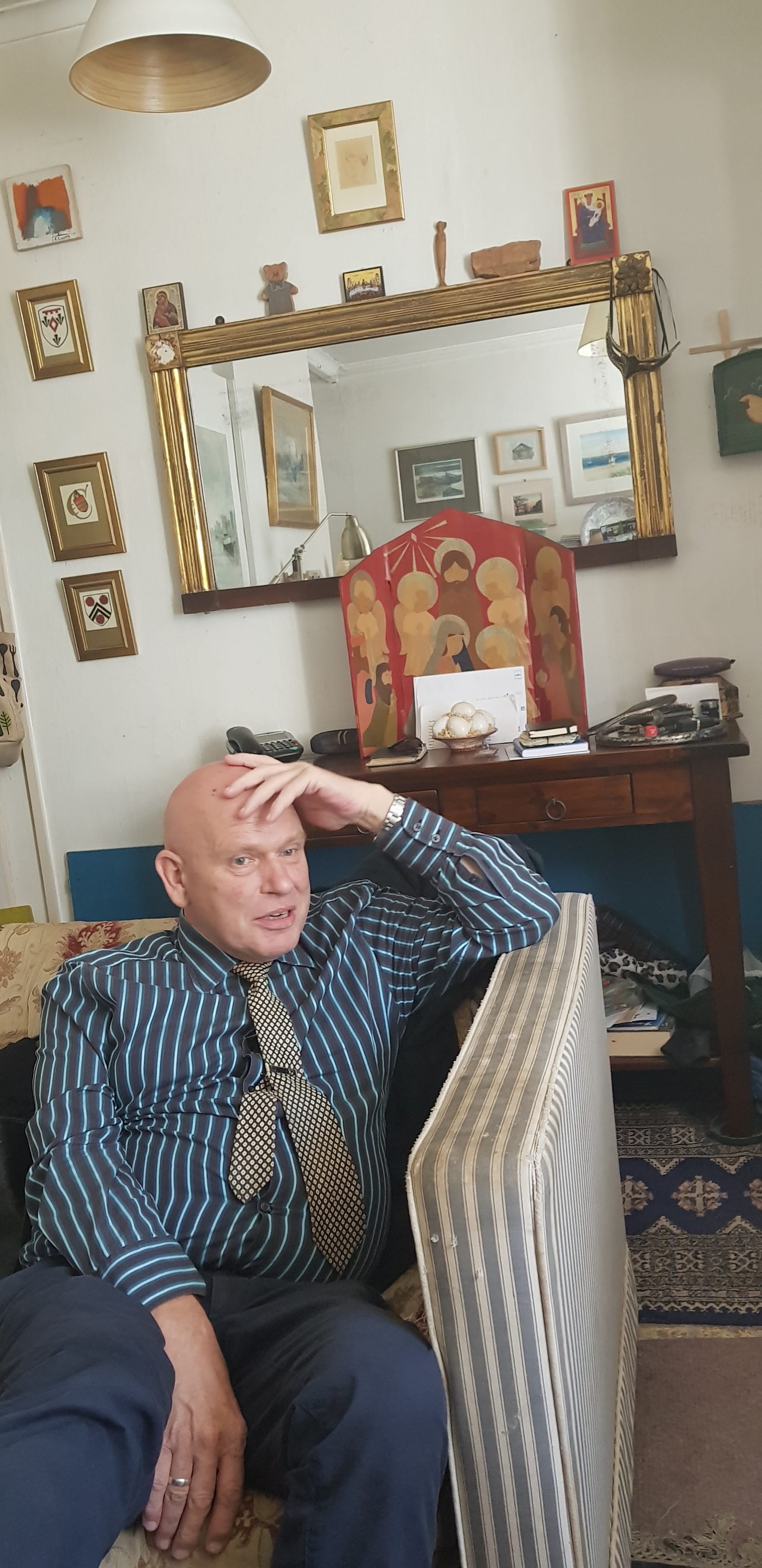
Abdel Nasser, meanwhile, was convicted of endangering public health and was sentenced to three years and 10 months prison and given 30 days to pay the €8 million fine.
For 10 months, along with Nasser, Robert was forced to survive in one of Spain’s most notorious lockups.
Luckily, he was spared the violence and fights that were often a daily occurence.
“I’m older and not 100% mobile so I wasn’t really a target.”
He started a poker club and a language school and became well liked among the inmates. They included infamous Irish mafia mobster James Quinn, serving a 22-year stretch for his part in an assassination last year.
“I treated everyone in there equally – they’re not all monsters, a lot of them have been forced into crime by circumstance,” says Robert. “And I’m a great believer in making the best out of a bad situation.
“When I told them I was getting out they were all cheering and clapping and tried to lift me up in the air.”

Robert claims a majority of the prisoners were foreign, mostly Moroccan and South American, and many were locked up following a first time offence.
Now he suspects foul play in the handling of his case after separate documents seen by the Olive Press detailing the drug seizure appear to show two different recorded weights.
The initial court judgement states that 1.5 tonnes were seized while the final judgement declares 1.3 tonnes.
“Someone lost a lot of money that day but someone also made some,” suggests Robert.
Corruption is not unheard of in the Campo de Gibraltar, a grouping of towns on the border of the British Overseas Territory.
It’s an area swamped with gangs taking advantage of its strategic location as the first port of call for hashish from Morocco and cocaine from South America.
Spanish police are among the lowest paid in the EU and corruption is rife, with officers regularly arrested as part of anti-drug operations.
Robert is considering taking legal action but for now is focused on getting home and resuming his life.
He flew from Malaga to London Gatwick on Thursday where he planned to take a few months break.
“Mummy is very pleased and she will be my first point of call,” he confides.
“My first call when I got out was to my sister who had gathered all the family together for a celebratory breakfast so I was able to speak to everyone, which was fantastic!
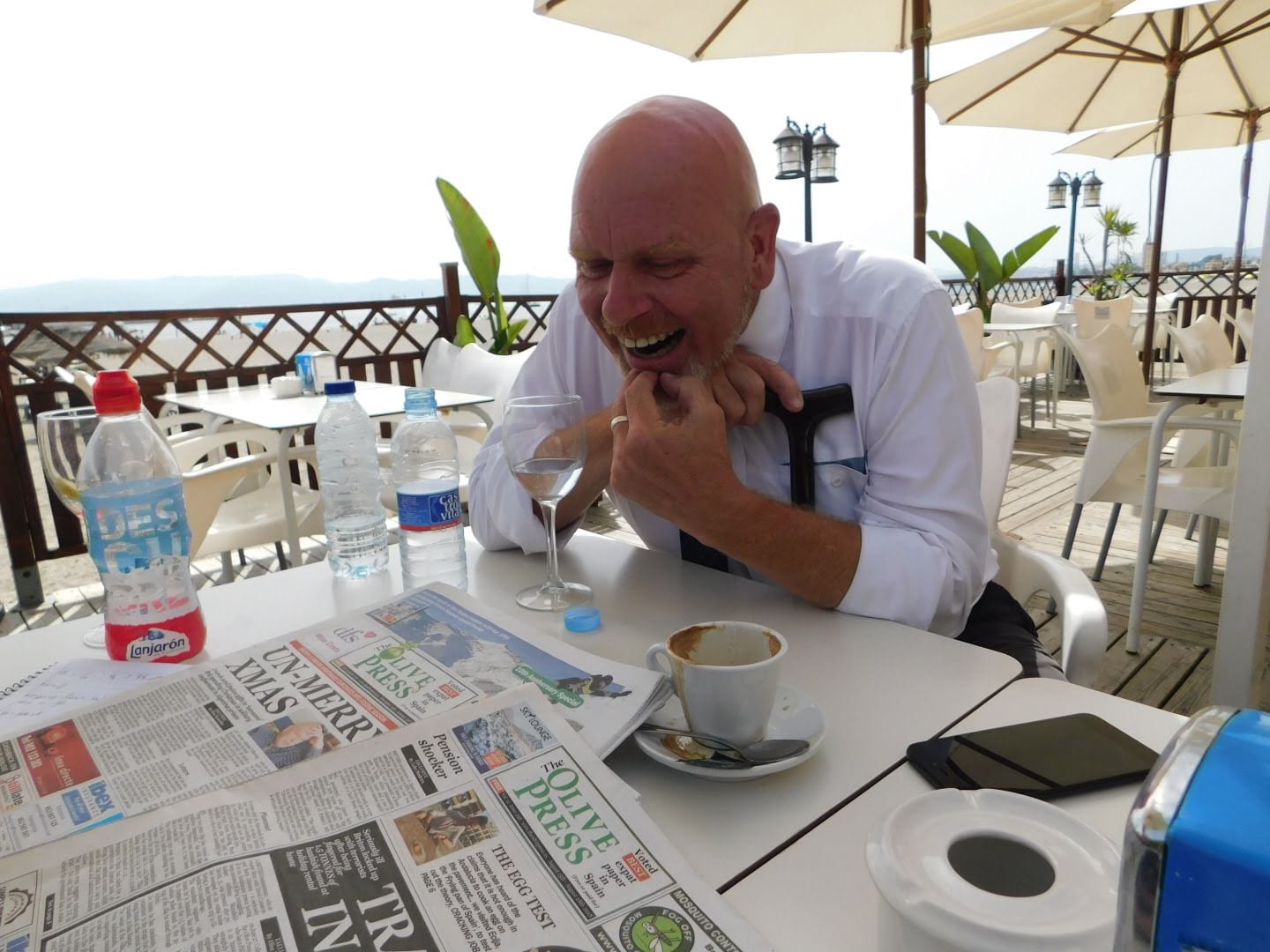
“We are just so relieved this nightmare is over but it’s going to take me some time to recover mentally and physically.
“I’ve had work offers but I’ve had to turn them down because I just can’t get in the headspace to work at the moment.”
Before that Robert, who helps his church cook for the homeless on Saturday mornings and plays the organ for mass on Sundays, may face another battle for his home in Emsworth, Hampshire where he is more than six months behind with the rent.
Thanks to his good standing with the housing association they have held back on an eviction notice despite.
Locals there have now started a GoFundMe page to help Robert ‘get back on his feet’.
Click here to read more Spain News from The Olive Press.


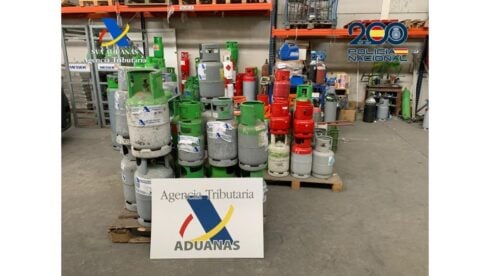
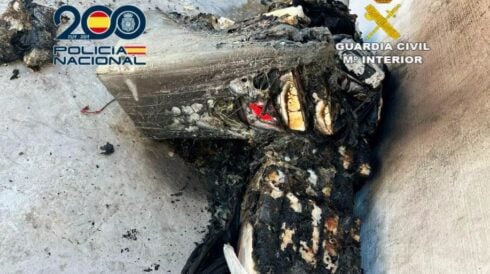


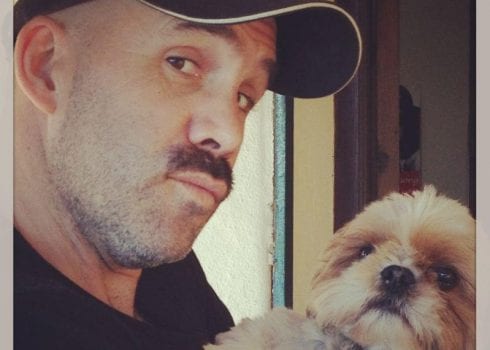


A british drunkard + a moroccan thug + a gibraltarian mafioso… All that cr@p committing their crimes in La Linea… Not a surprise whhen your neighbour is gibraltar, a nest of drug traffickers, criminals and tax evaders